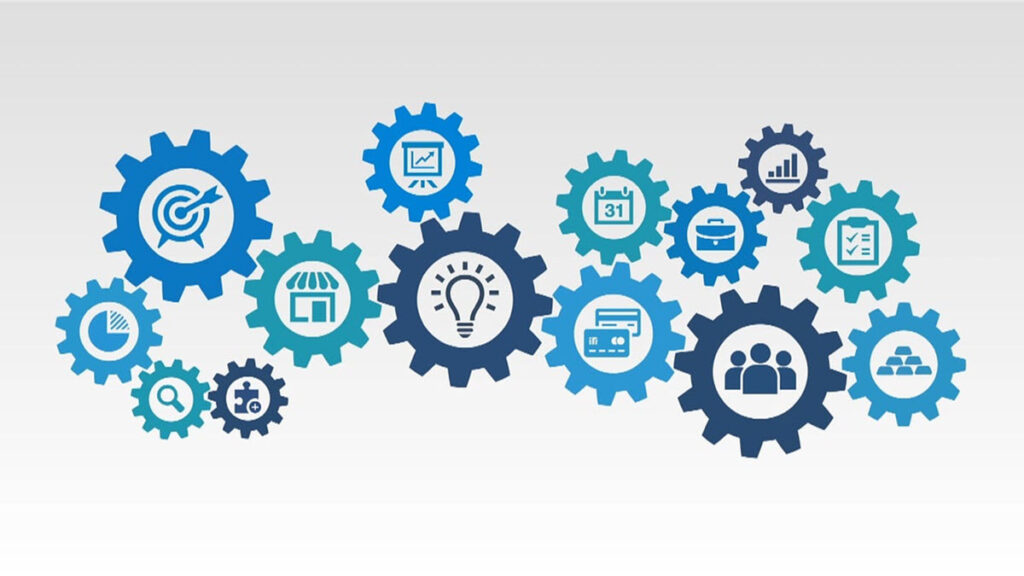There was a time when IQ was considered the sole gauge of success. Then Emotional Intelligence, or EQ, with an emphasis on empathy and social skills, was acknowledged as an additional and necessary component of intelligence. And now DQ, digital intelligence, has been added as an essential skill for success in an increasingly digital world.
TechnoKids recently examined the DQ Global Standards to promote digital intelligence. We wanted to assess how our technology projects aligned with this set of competencies. For the most part, our technology curriculum did correspond closely. But, for future projects, we took note of critical areas where students need to build skills, especially to succeed in the future. One of those was DQ competency 17 – Digital Changemaker Identity.

As educators, how can we help students to view themselves as digital changemakers?
What Is a Digital Changemaker?
DQ Institute defines a digital changemaker as having “the ability to identify and develop oneself as a competent changemaker in the digital economy.” Their Global Standards Report identifies the knowledge, skills, attitudes and values that comprise this skill. To summarize, a person with this competency:
- knows how to use technology productively
- applies high order thinking to explore and generate new ideas for solving problems
- shows resourcefulness and initiative using digital tools
As applied to curriculum goals, our students should recognize that they can make a difference and have the self-confidence to tackle real-world problems using technology.
How Can Students Become Digital Changemakers?
Yes, turning students into competent digital changemakers is a lofty goal. But as educators, we can start small and start early to build foundational skills. Here are just two examples.
Junior Ages 8 – 10 Grades 3 – 6

To start, younger students learn how to use digital tools to recognize areas for improvement.
In TechnoSales, students take on the role of planning a fundraiser for a school initiative. They start by developing a plan to reach a financial target. Then they survey their peers for real-world data. Finally, they organize their findings into a report explaining their decision making. The bake sale is a meaningful task that will result in helping others.
Intermediate Ages 10 – 13 Grades 6 – 9

Building on these basic digital changemaker skills, middle school students become agents of social change by actively raising awareness in others.
In TechnoEarth, students create an interactive infographic. They raise awareness about an environmental problem with researched facts. Using slides, maps, original icons, and catchy text, they shape public attitudes. By publishing the project, they inspire positive action.
Other TechnoKids projects that promote students as digital changemakers are TechnoCandy, TechnoRestaurateur, TechnoEnvironment, , TechnoBot AI, and TechnoWonderland. See even more in TechnoKids’ DQ Competencies Correlation.
Student Changemakers at Work
Students are already becoming active changemakers worldwide.
Student Change Makers

This initiative was started by two high school students trying to help other students. They were honored with a World Changing Ideas Award in the Students category in 2021.
During the coronavirus outbreak, one student from California and one from Scotland decided to solve the growing inequities in less technologically advanced countries. They succeeded in getting sponsorship to pay for tablets, portable hotspots, and charging stations in rural village schools in Uganda. As an unexpected dividend, they noticed that adults were beneficiaries as well, learning new skills with Wi-Fi access, consulting with distant health centers, or getting better prices for their crops.
Creating Tomorrow’s Changemakers
UNISOLVE is a part of UNICEF that “builds skills while inspiring young people to become transformative leaders”. Students complete a self-paced online course then put their skills into practice. They form teams to identify a local problem and develop solutions. Then they pitch their ideas for an opportunity to receive seed funding.
Just one of the promising projects was a team of girls in India who devised a radio-based teaching service for those without internet. Their problem-solving skills, creativity, and empathy make them true student digital changemakers.

